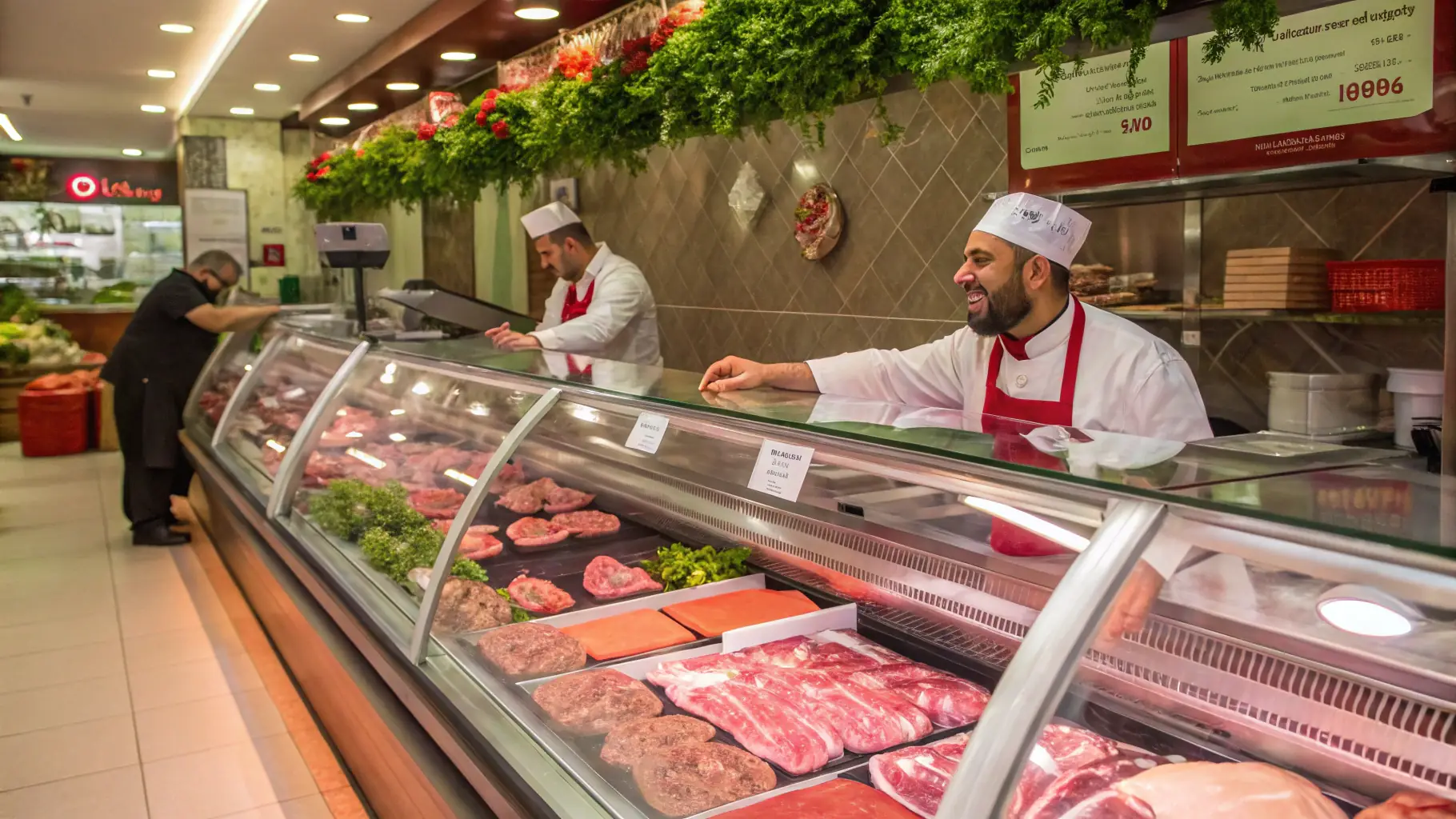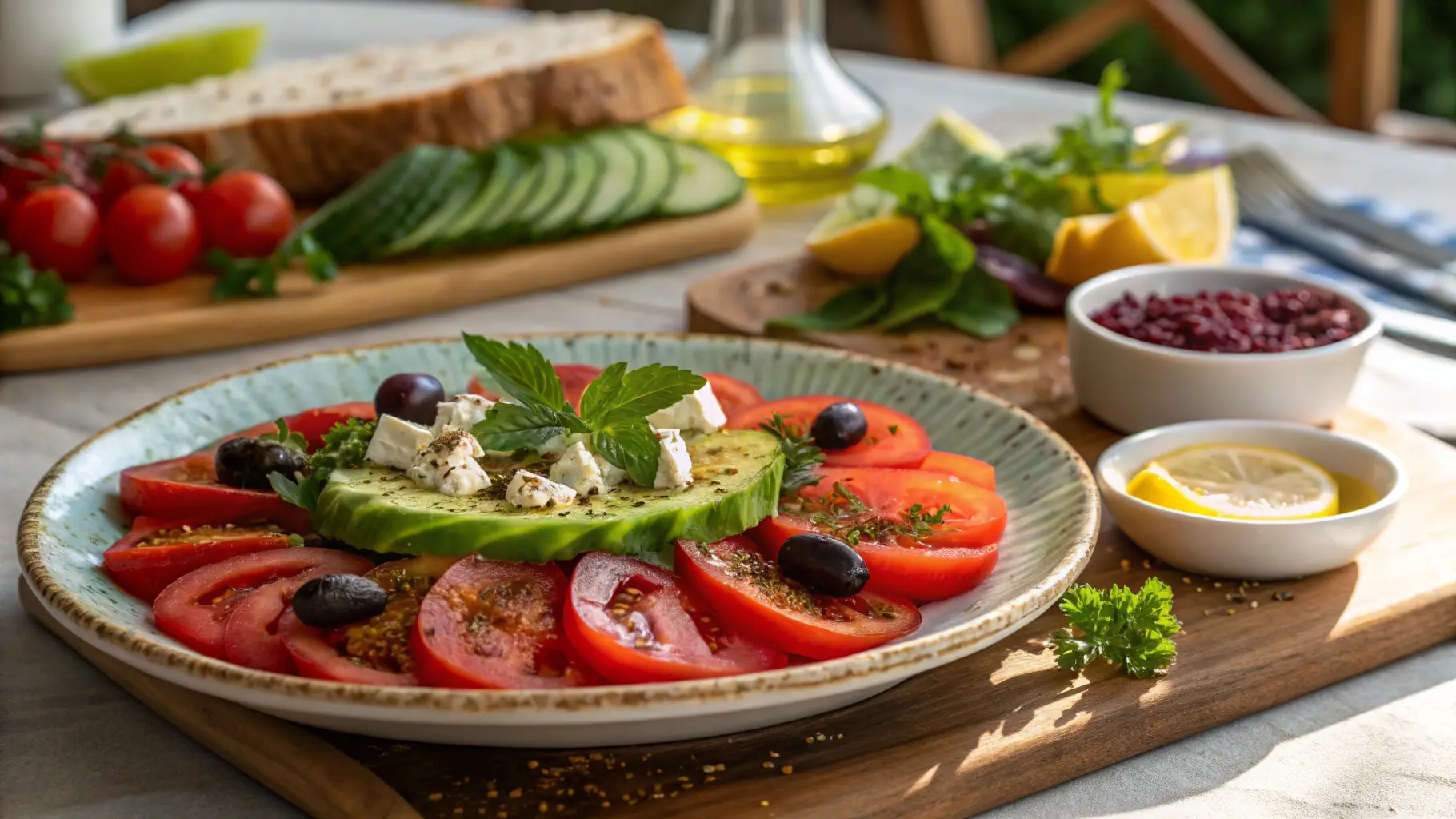Halal food, in its essence, is food that is permissible according to Islamic law. The principles of halal food production are deeply rooted in Islamic teachings, ensuring that the food is prepared and consumed in accordance with religious guidelines. These guidelines cover various aspects of food production, from the sourcing of ingredients to the preparation methods. Understanding these principles is crucial for ensuring that the food is prepared and consumed in accordance with Islamic guidelines. One of the fundamental principles of halal food is the prohibition of pork and its byproducts. This is a core tenet of Islamic law, and it’s essential to ensure that all ingredients used in the preparation of halal food are free from pork. Furthermore, the animals used for meat must be slaughtered in a specific manner, following Islamic rituals. This ensures that the animal is treated humanely and that the meat is prepared in a way that is considered permissible according to Islamic law. Beyond the prohibition of pork, halal food also emphasizes the importance of avoiding intoxicants. This principle extends to the use of alcohol and other substances that are considered intoxicants. Halal food production ensures that no intoxicants are used in the preparation of the food. These principles are essential for ensuring that the food is prepared and consumed in accordance with Islamic guidelines.
How We Source Our ingredients
Freshness is the cornerstone of every dish we create. From succulent chicken shawarma to the


